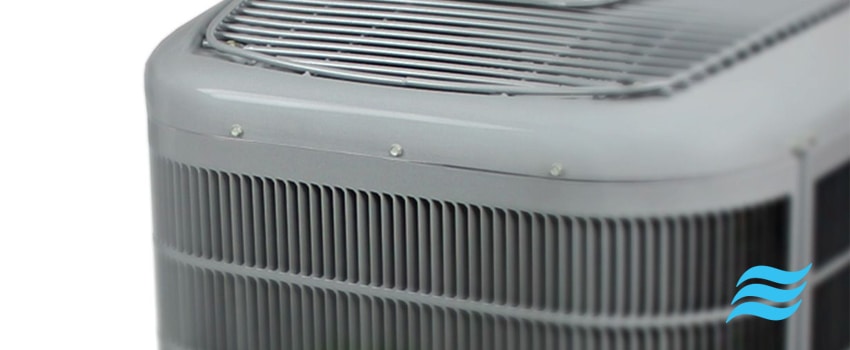
Efficiency Ratings for Heat Pumps
What you need to know about Heat pump efficiency ratings (SEER, EER, and HSPF)
I’m hoping I can clear up a lot of confusion on this one. One thing I see all too often is people selling heat pumps based off SEER efficiency only, that takes off the cooling but does not tell you how your winter time is going to go. As a heat pump owner myself, I would like to help educate on all the efficiency ratings of a heat pump and what you need to ask/Know when purchasing your next one.
Let’s begin,
- SEER, or Seasonal Energy Efficiency Rating. This is the term used to explain the Air Conditioner Efficiency Rating. The higher the SEER rating the more efficiency it will deliver over the cooling season. One question I get a lot is what “percentage” better will it be? Well honestly for us that’s an unanswerable question as most of the time we don’t know your typical usage. (do you keep it 65 degrees on a 95-degree day?) but what we can tell you is it will cool and dehumidify much better especially with the correct match Air handler or Gas furnace.
- EER, or Energy Efficiency Rating. This is the cooling efficiency rating at a certain outdoor degree (95 degrees). This Has a formula that is pretty much summed up to BTU per hour/watt that translates to energy usage. So if you really want to compare a Cooling system compare their EER’S over the SEER.
So, a quick break down between these ratings. SEER is the overall cooling efficiency CAPABILITY of the system if matched correctly and EER is the true EnergyStar Rating for the unit in peak performance.
And then last but not least is our HSPF, this one is my favorite as I hear a lot of people ask “what SEER is the Heat Pump?” and that only addresses half of our seasons in a year.Heat Pumps also use SEER but only as stated above is that the rating for your cooling season. So I try to educate on the HSPF.
- HSPF, or Heat Seasonal Performance Factor. This is the rating used to measure a Heat Pumps Heating Efficiency. Whenever replacing a heat pump Do not only take into account the SEER but the HSPF as well. Anyone who has a Heat Pump knows when its cold that bill can go UP!.
Remember SEER and EER is only your cooling efficiency and HSPF is your heating efficiency and just because it has one high up does not always necessarily mean the other will be under certain system matchups.
SO, all of this being said hopefully as a consumer or even a tech you can come out of this with a little bit of knowledge on your next purchase or discussion on a new Heat Pump!
Remember SEER and EER is only your cooling efficiency and HSPF is your heating efficiency!
The experts at Nichols and Phipps are here to help you. Call or contact us today to set up a free in-house consultation so we can get started finding the root of the problem and solving it!
Check out our other blogs for some great HVAC advice:
- Monthly Guide To HVAC Maintenance
- The 5 Biggest HVAC Myths
- How to Get Your AC Read For Summer After A Long Winter
- Pet Owners! Get More Life Out Of Your HVAC Unit With These 6 Tips
- Gas Leaks and How to Prevent Them
- How to Remove Humidity From Your Home
- Signs of a Damaged Furnace Heater
- 5 Biggest HVAC Myths
- 5 Tips For Spring Cleaning Your HVAC System
